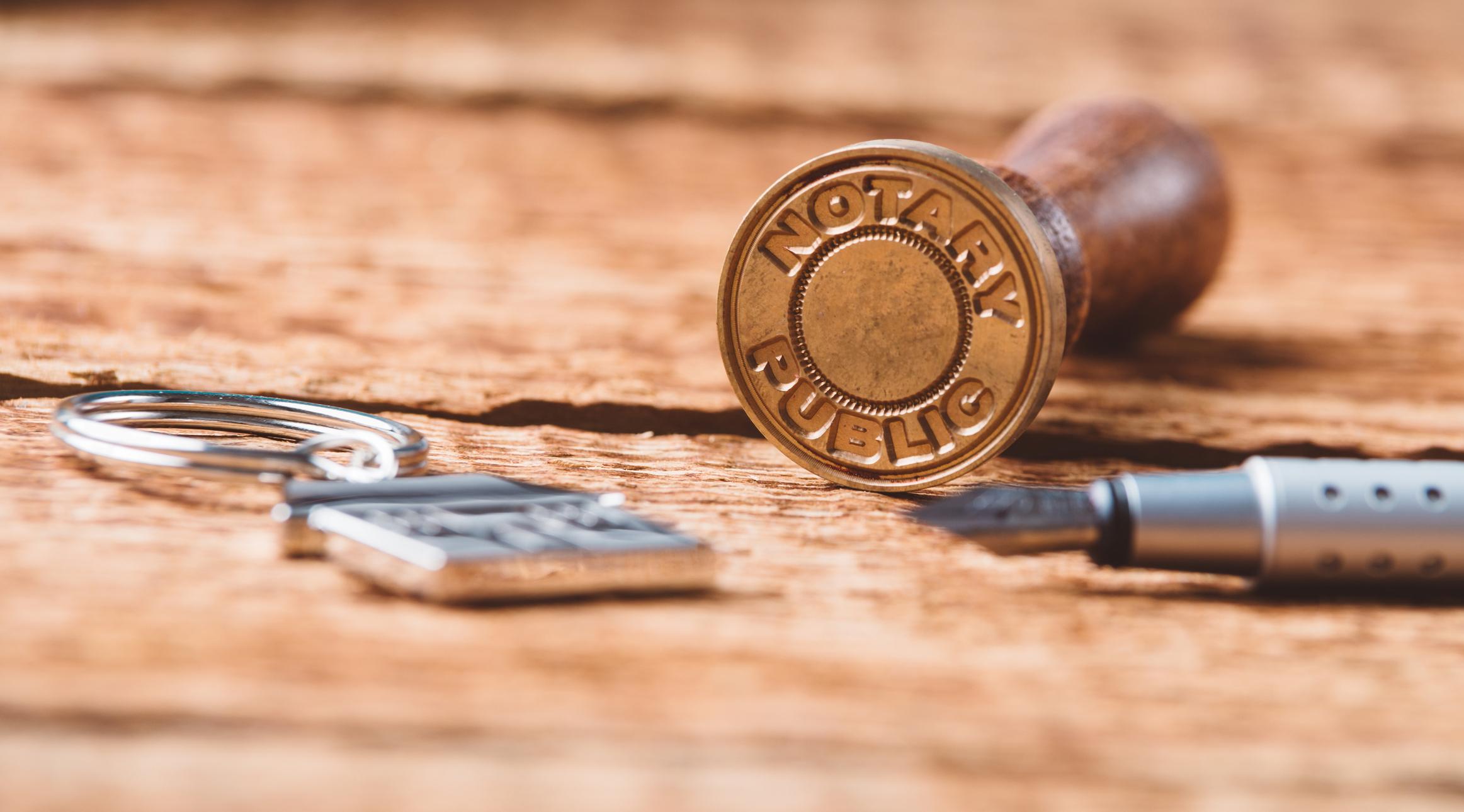Handling Deceased Estate Issues: Advice Via Legal Process
Wiki Article
Demystifying Notarial Work: Simplifying the Role and Significance of Notaries
In the elaborate internet of legal paperwork and confirmation, notaries stand as pillars of guarantee and credibility. Their duty, often shrouded in secret for several, carries substantial weight in guaranteeing the validity and honesty of crucial documents. As guardians of legality and reality, notaries play an essential component in our culture, yet their job is not always fully understood. By deciphering the complexities shedding and bordering notarial techniques light on the value of their acts, a more clear understanding emerges of the vital duty notaries play in maintaining the fabric of legal and legal arrangements.The Background of Notarial Work
Exactly how did notarial work evolve in time to come to be an integral part of legal and service transactions? The history of notarial job days back to old worlds, where scribes played a vital function in tape-recording crucial info and authenticating papers. As cultures proceeded, the demand for a more formalized system to make sure the validity of arrangements developed. This caused the development of notaries, people selected by the state to serve as unbiased witnesses in legal issues.
During the Center Ages, notaries got prominence in Europe, with their features expanding to consist of composing lawful records, certifying trademarks, and maintaining documents. The surge of global trade better stressed the importance of notarial operate in validating contracts and arrangements throughout boundaries.
In the modern era, notaries remain to play an essential function in legal and organization transactions by verifying identities, validating the credibility of files, and protecting against fraudulence. Their duty in accrediting the validity of contracts adds a layer of safety and security and trust fund to the ever-evolving landscape of business and law.

Responsibilities and Obligations of Notaries
The historical advancement of notarial work from ancient human beings to the modern age has shaped the distinctive duties and duties that notaries support in lawful and business deals today. Notaries play a crucial duty in verifying the credibility of records and the identity of signatories. One of their main duties is to witness the finalizing of crucial records, such as actions, agreements, and wills, to make certain that all events are participating in contracts knowingly and willingly. Notaries additionally verify that notaries are of audio mind and not under pressure or threat.In addition, notaries are charged with providing affirmations and oaths, which are vital in legal procedures and the execution of sworn statements. They certify duplicates of original records, providing assurance to organizations that the duplicates hold true reproductions of the originals. Notaries should maintain accurate documents of all purchases they supervise to ensure openness and liability. In general, the obligations and responsibilities of notaries are important in protecting the honesty and legitimacy of different records and deals.
Notarial Certificates and Signatures
Exemplifying thorough focus to information, notarial certificates and signatures serve as important elements in validating the authenticity of lawful documents. Notarial certifications typically consist of essential info such as the date of notarization, the names of the signatures, a summary of the file, and the notary's official seal. These certificates offer a clear record of the notarial act, making certain that the file can be conveniently identified and mapped back to the notary who oversaw the process.Trademarks play a critical function in notarial job, as they signify the contract and authorization of the celebrations included. Notaries thoroughly witness the signing of records to verify the identity of the notaries and verify that they are authorizing of their very own free will. By attaching their main seal and signature to the paper, notaries license that the needed treatments have actually been adhered to which the paper is valid and enforceable.
Fundamentally, notarial certificates and signatures are the characteristic of credibility in lawful purchases, providing assurance to all celebrations entailed that the papers are reputable and binding.
Importance of Notarial Acts
Notarization Process Explained
The notarization procedure typically begins with the specific offering the file to a notary public. When the identification is validated, the notary makes sure that the private signing the record does so voluntarily and without any browbeating.
Conclusion

Notarial certificates typically have vital details such as the day of registration, the names of the signatories, a description of the document, and the notary's main seal. These certifications provide a clear document of the notarial act, making sure that the file can be conveniently recognized and traced back to the notary that looked after the procedure.
By affixing their official seal and signature to the paper, notaries certify that the required procedures have actually been complied with and that the record is enforceable and valid.
By confirming the identity of the signatories, verifying their willingness to enter into the agreement, and licensing the date and location of the signing, notaries play an important function in promoting the legitimacy of legal records.After the paper is authorized, the notary will attach their main see this site seal or stamp onto the file.
Report this wiki page